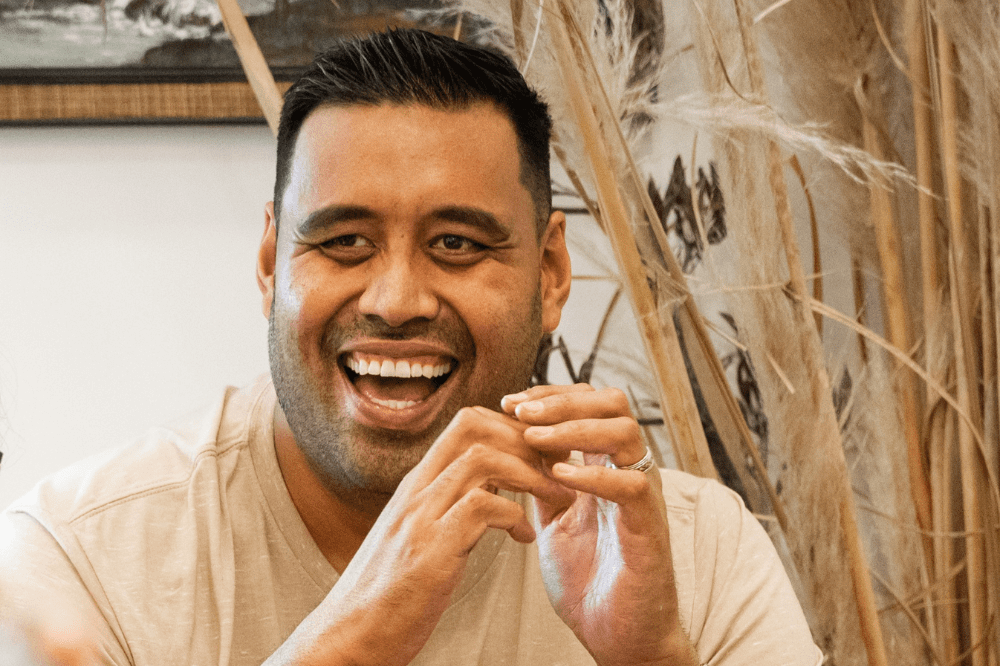CEO says underinsurance not really an issue of affordability

“Funnily enough, for a lot of the uninsured clients that we’ve come across, affordability is not an issue,” shared Venu, who currently leads a growing three-year-old financial advice business that has offices in Auckland, Wellington, Christchurch, and even overseas. “They can afford it comfortably, actually.
“The issue is education. The issue is understanding how insurance works, and making them understand that they’re worth insuring, because a lot of people don’t see value in themselves. They’ll see value in their cars and in their mobile phone, but they don’t see the value within themselves.”
So, what does the 14-strong Coversure team tell prospective clients with no personal insurance?
The CEO said: “We make our clients identify that they are worth insuring. ‘Without you, there is no car and there’s no house, so you are the most important asset to be covered first and foremost’. That’s how we address it. We don’t see it as an affordability issue. We see it as a lack of understanding, and it’s our job to go out there and educate them.
“One of our biggest goals, and our mission, is to reach the uninsured, educate them, and then provide them with cover that’s suitable for them. What we’ve found is that there’s a lack of financial literacy; there’s a lack of access to these product suites and to financial advisers.”
Venu claimed that, ironically, Kiwis have the financial capability to purchase cover but not the corresponding financial literacy to fully appreciate what life or health insurance offers. It is then up to industry stakeholders, including financial advisers like himself, to try and bridge the gap.
Making the important conversations happen
“I think we need to do more,” the Coversure boss told Insurance Business. “We need to do more to make insurance more accessible and more approachable. There’s an element of fear in there that people don’t want to talk about financial literacy or people think it’s too expensive. But if you address those barriers and break them down, they then go, ‘Well, actually, no, it’s not what I thought it was’.
“There’s a lot of people in New Zealand that just don’t talk about it. It seems to be quite a taboo subject to talk about, because no-one likes to talk about death. Unfortunately, it’s one of those things that’s guaranteed in life, so we need to be comfortable with talking about it. And I think it all comes down to our approach as advisers – how do we approach talking about it, and how do we make it so that everyday Kiwis feel comfortable talking about these topics?”
While there are those who skirt around the matter, there also remains a good portion of the population who holds the view that insurance is just too expensive to be given consideration. This is where, yet again, financial advisers come in.
Referring to people who don’t use a financial adviser, Venu stated: “Maybe they just did a quote by themselves but weren’t aware of the tailored options that are out there that can help make insurance affordable. A lot of people don’t seek assistance from a qualified financial adviser to help guide them through the variety of options that can help tailor a package to their budget. If you make a few minor tweaks, you can actually afford it.
“The tweaks I’m talking about are as simple as, say, increasing the wait period on income protection or increasing your excess on private medical insurance. Once we talk about those sorts of options, they’re surprised and say, ‘Actually, we can afford this’. So, again, it comes down to people having easy access to financial advisers, and we can only do that by being more approachable to our market. We need to send a message that, ‘Hey, it’s OK to talk about this’.”
Having these important conversations, said Venu, often leads to a ‘Eureka moment’ for clients.
He declared: “It’s making people realise that, ‘yes’, there is value in your house and in your car, but the biggest asset that needs the protection the most is yourself. And that’s where a lot of people misplace value. They will have contents insurance, but they don’t have health insurance for themselves.
“The way we educate our clients is that we switch that; we flip that around and we go, ‘Actually, you are the most important person to protect, because if you got sick, then you would lose your ability to earn an income, and the first thing that would probably go would be your car and then your house, unless you’ve got other investments in place or other forms of protection’. Then it’s like a switch has just flipped.”
For Venu, whose insurance career started out as a nine-to-five job before turning into something he’s passionate about, the aim is to reach the uninsured and then educate and empower them to “live life covered” – as Coversure’s tagline goes – especially when it’s not really an issue of affordability but a matter of enlightenment.
Do you agree it all boils down to a lack of understanding? Discuss in the comments below.





